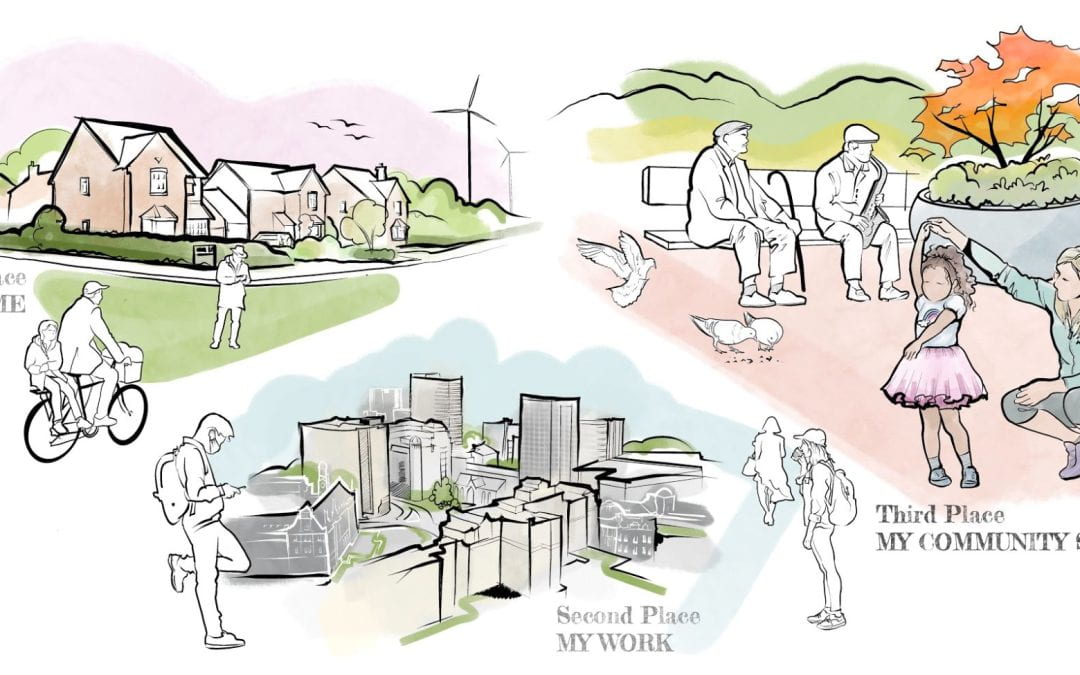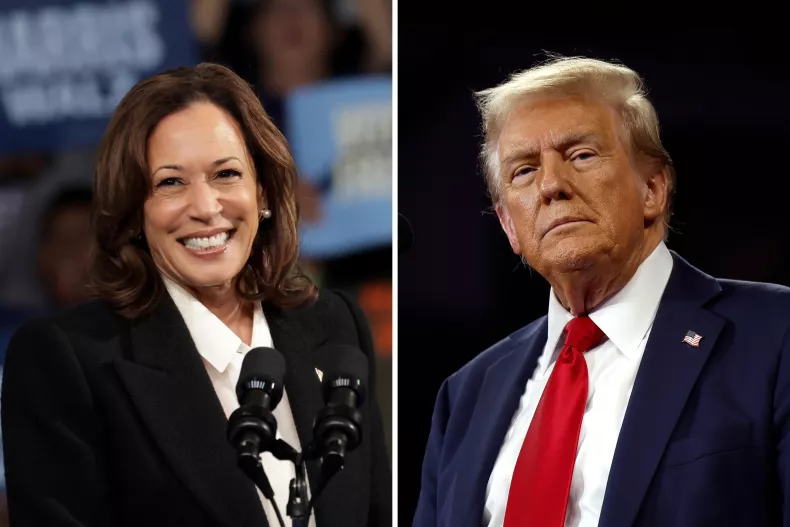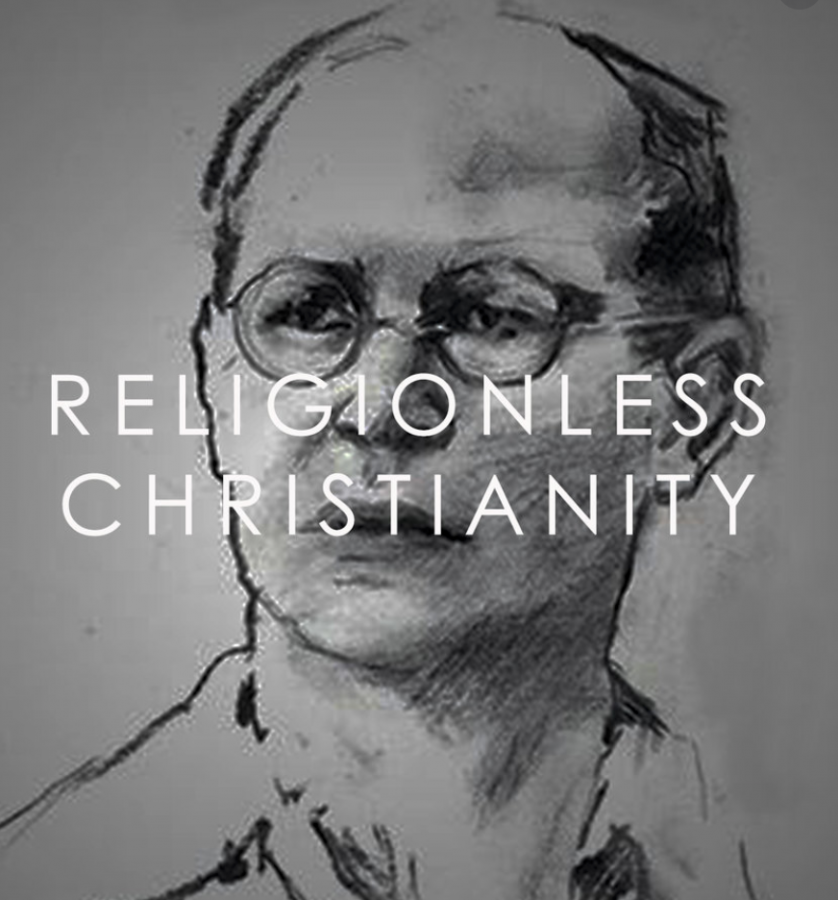“A Religionless Christianity”
November 18, 2020
In a recent interview with pastor Gary Percesepe at Church in the Highlands in White Plains (a progressive Protestant Church), a philosophy professor at Fordham University, and a writer, we discussed racism in the church as well as racism in ourselves. In all of the interviews and research I had conducted, I had never heard the notion of a “religionless Christianity,” in which there is an absence of God but also…well, I don’t want to spoil everything for you. I hope you will be as surprised when you finish reading this as I was when I finished hearing it.
Thomas Merton, a Catholic monk (1915-1968), talked about the “truth of” and the “false of” ourselves. The false self is a “small ego,” as described by Gary Percesepe, and “I think the journey is from the false self to the true self. The soul – which is like an immortal diamond – already knows the truth and is already beyond gender or race or class, and in a sense wants to be joined to the very heart of God in a mystical kind of union; the soul is in that sense what we all have. Souls of Black folk and of white folk, this is why we can be all one as children of God.”
This is indeed the beauty of religion, but, as Percesepe points out, “the problem is that religion, like anything else, like politics or sports or anything, can be harnessed by the false self. The false self is ingenious in the way that it will latch on to anything as a way of evading an encounter with the true self, with one’s soul.”
The truth is, “we know what to do. I teach ethics, you know, I tell my ethics students…we know what the right thing to do is but we have these constructs that continually get in our way…so I think religion has often been used as a mask to disguise self-interest. That was Marx’s critique, that was Freud’s critique, of religion. Don’t pay attention to what religious folks say. Pay attention to what they do. Religion is often a mask, it is a form of rationalization and justification.”
We know that religion is a tool for self-reflection and reconciliation, and also plays a large role in the repair of the world, but it can also create devastating damage. It can be used to justify hate, racism, slavery, homophobia, etc. What would our world look like without religion?
At this, Percesepe mentioned Bonhoeffer, who “talked about a religionless Christianity, which is a fascinating idea. Bonhoeffer was convinced that God was being pushed out of the world and that was ok, that God was suffering outside of us. And of course, with the Holocaust and other 21st century genocides and tragedies, I think we see that the redemptive spaces were not so much in the temples and the synagogues and the churches; [in fact] the sacred places became the [concentration] camps. Where the extermination took place was where the greatest reflection on the absence of God [took place]. The absence of God, or the death of God. And what I find deeply comforting in that is that God is not found always in where you expect to find God.”
Percesepe added that the very idea that we should have churches in the first place has come into question recently.
“Some have argued that the reason why the Black Lives Matter movement [was successful] after the George Floyd murder [was] that it actually was helpful not to have the churches and the synagogues and the temples open, because (this is Marx’s critique) religion softens things and it makes you feel better and it gives you a salve. I’ve had a lot of time to think about that. And I think it’s a point that I’ve been talking all about to my colleagues. Like we really need to think through that. But if you look at the Civil Rights Movement, the Southern Freedom Movement, the Black churches – this is shocking to many people – for the most part resisted change. So King had to start a whole new denomination because the National Black Southern Baptists were not behind him.”
“So I guess what I would want to say is that God is always raising up prophets; the role of the prophet is to speak the truth and if the churches and temples and mosques fail to produce profits, they will come from the streets. God spoke through Marx, a Jewish atheist. Through Freud. God can use anyone. If the religious institutions fail to speak liberating, prophetic truth, God will use anyone. If you look at the hebrew scriptures, the prophets were all corrupt, God used the jawbone of a donkey – it was like a donkey that carried the message because the prophets were all corrupt. God will use anything. And so I take comfort in that. The real action is not necessarily in our religious institutions, sometimes [religious institutions] are getting in the way. God is already at work in the streets.”
“God is encountered in places where you least expect, so I think that the holy can be found anywhere and everywhere, and hope is rising in the Black Lives Matter movement…it has become a phenomena, and it didn’t come from the church, it came from the streets… I’m deeply moved by the movements.”
Percesepe leaves us with this: “The role of religion, at its best, when it’s working properly, is the powerful symbols that connect us to yahweh, to the great spirit to Allah, to God, to the God of many names, to the creator and sustainer of the universe. There will always be religion because it is one of the three ways that we express our spirituality. The question is not should there be religion – religion is as old as humankind – the question is how do we engage in religious practices that help the true self to become more realized. So in other words, the point of religion is to become more human and humanize us. So something like racism is inhumane and counter to our highest ideals and values. At its best, religion is calling us to repent and to make good on our convenetal relationship to the creator and to the earth and the ecological concern and to one another.”


















